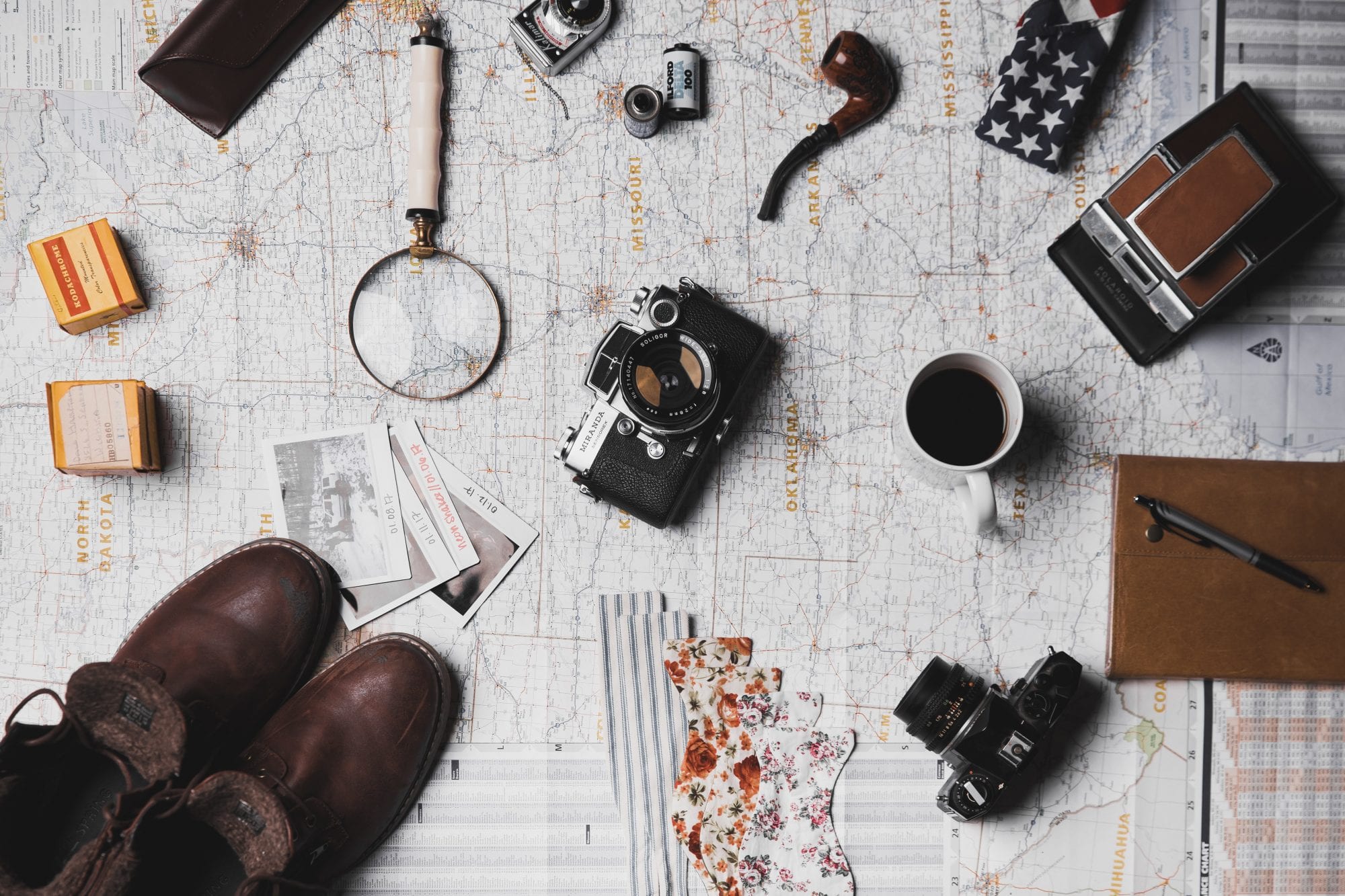
Six Top Tips For Taking Your Work On Your Travels
If you’re a freelancer, and in some cases, even if you’re not, work is likely to be an activity rather than a place. In principle, this means that you could become a digital nomad. In practice, this may be a step too far for many people. Doing some work while travelling can, however, open up a lot of interesting opportunities. With that in mind, here are some tips to help.
Research the legalities
This may be really dull but it’s better than getting landed in legal hot water, possibly in multiple countries. Firstly, you need to know how long you can stay in any one country without potentially acquiring tax liabilities there. Secondly, you need to know what you can and can’t do in that country.
For example, post-Brexit UK citizens no longer have the automatic right to work in the EU (or vice versa). It may, however, still be possible to take up paid employment on a visa. It may also be possible for you to undertake self-employed activity on a regular tourist visa (or another easily attainable visa). Then again, it may not, that’s why you need to check.
Remember that if you break any laws, even accidentally, you may render any insurance invalid. This could lead to all kinds of pain.
Be realistic about the practicalities
You can concentrate on work or you can concentrate on enjoying your travels. You can’t do both at the same time. This means that you need to be realistic about what level of work you can really achieve without spoiling your travel experience and vice versa.
This is going to depend partly on the nature of your work and partly on the sort of travelling you want to do. For example, if you’re taking a scenic train trip, then, realistically, you’ll probably want to spend almost all of your time just enjoying the view. This means that, unless you’re a photographer/videographer, “work” is probably going to mean just checking your emails.
On the other hand, if you’re based in one place, then you may have a lot more flexibility to combine work with exploring. That said, this is always going to depend on the details. For example, if you’re in a rural area then there may be limits to your internet access. If you’re in a city, you need to think about how much time you have and what your priorities are.
Accept that you’re a traveller
This may seem like an odd comment, but it’s actually related to the previous one. It is, however, important enough to deserve a mention on its own. As a traveller, you are not going to have a local’s knowledge of an area. What’s more, you’re not going to develop it over the relatively short time you’ll be in a place.
Once you accept this fact, you’ll be able to think clearly about what it means in practice. For example, if you’re on a work-and-travel break in Sydney, do you really want to find yourself desperately having to find a reputable electrician? Probably not, so book yourself a place where someone else takes care of the practicalities.
On the other hand, do you want to spend your time finding those hidden-gem places to eat and drink only the locals know about? Quite possibly yes, so make sure that you spend your time doing that instead of dealing with household maintenance.
Recognize the realities of jet lag and time zones
Jet lag is temporary. You do, however, still need to account for it. You might also want to allow time for your body to adjust to environmental changes, particularly if they involve changes in your diet.
Time zones are a practical reality you’re going to have to handle for as long as you’re travelling. You may find it helpful to keep your laptop/tablet on your “home” settings to avoid potential confusion about times and dates. You might also want to have a quick way to check the time in your home area on your mobile/tablet or just use a physical watch/clock.
Think about your privacy
It’s up to you whether or not you let your contacts know that you’re travelling. If you do then consider how much information it’s appropriate to give them. There is no “right or wrong” here. You just need to think about your own personal preference and, of course, your own safety.
If you do choose to keep at least some aspects of your trip private then remember that backgrounds can give away a lot of information. So, for example, if you’re video-calling, think about what people can see behind you. Some apps will allow you to download wallpapers to use instead of your real background. These can be worth using even when you’re at home.
It’s also a good idea to invest in a high-quality headset. These are bulky but they can often be very worth the space they take. Not only do they deliver better call quality, but they also deliver better privacy. Anyone nearby will only hear, at most, one half of a conversation and you’ll be able to keep your voice at a relatively low volume.
Remember data security
If you collect any personal data, you are responsible for ensuring that it is kept securely and only used appropriately. If you collect personal data from UK/EU citizens, then you are bound by the strict requirements of UK-GDPR/GDPR regardless of where you are in the world.
This doesn’t need to be a deal-breaker. It simply requires you to make data security a part of your travel preparations. If you’re able to work anywhere you like, the chances are that you’re already storing most, if not all, personal data in the cloud anyway.
If you are, then your vendor will take care of protecting your data from external threats. It is, however, down to you to take care of your own account, for example, to protect your password. It’s also down to you to take care of any data on your local devices. You might therefore want to look at implementing two-factor authentication on your accounts and devices.


